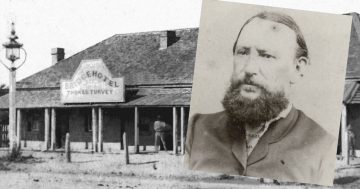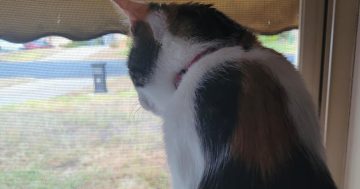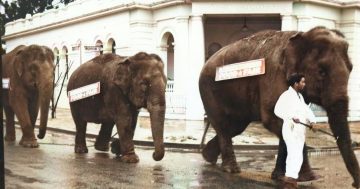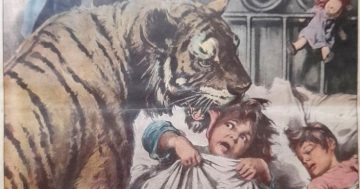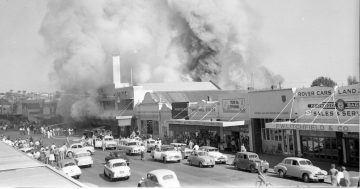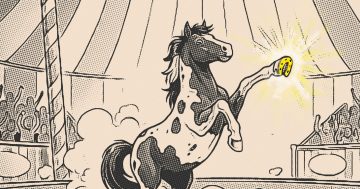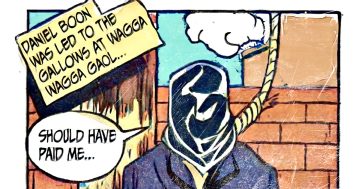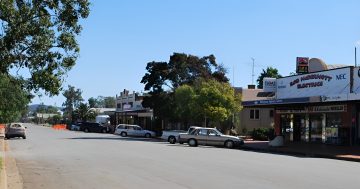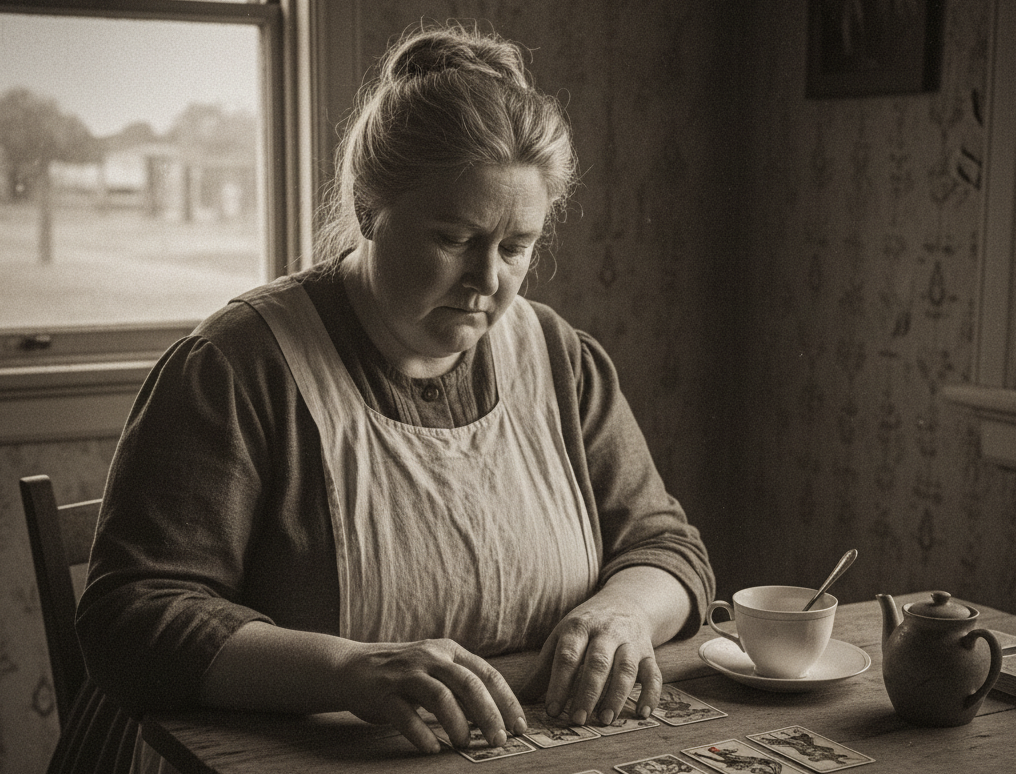
Fortune telling for money was outlawed in NSW until 1979. Photo: AI generated.
When Wagga clairvoyant Harriet Beecher Noonan met a pair of tall, dark strangers in a home on Fox Street in the summer of 1912, she unfortunately failed to see what was on the cards for her.
In fact, the undercover police officers who requested “to see into the mysteries of the future” had already foreseen her imminent arrest and trial and fate was about to deal a cruel hand.
Australia’s laws against witchcraft had been inherited from Britain and the Vagrancy Act included a prohibition on individuals who “pretended” to tell fortunes in order to defraud others.
While the UK and most of Australia have now dropped these laws, surprisingly, fortune telling is still illegal in South Australia where a medium who charges a fee could face a $10,000 fine or two years’ imprisonment. In NSW witchcraft laws were repealed in 1979.
Despite the risks, interest in the occult was booming in Australia in the early 20th century with fortune tellers setting up shop at fetes, country shows, arcades and in private homes where they would pore over crystal balls, tea leaves, palms and tarot cards.
In NSW between 1900 and 1918 it’s believed that around 250 women were prosecuted for defrauding the public through prognostication.
According to the Daily Advertiser, on 20 February 1912, constables Emmet and McKenzie had responded to complaints of “this kind of business being carried on in Fox Street” and decided to perform a plain-clothes sting.
Mrs Noonan informed the pair the fee would be a half-crown and when the money was handed over she produced a “soiled and much used pack of cards, which she spread out upon the table”.
According to Constable Emmet’s testimony, she proceeded to tell him “a tale of a dark lady and a fair lady; of a fair man who would be after the fair lady, but would be foiled in his designs by the darker charms of the witness”.
Constable Emmet was also promised a big win at the races as the cards had revealed that a “dark man” would have a tip on a horse that he would pass on to Mrs Noonan, who would then pass it on to him at a subsequent visit.
If he returned, she promised that “he would make lots of money, would set up in business for himself and would be very successful”.
Despite pleading not guilty, Mrs Noonan told Police Magistrate Stevenson that she was not telling fortunes for money, but had accepted the fee to pay for her time and keep other “would-be callers away”. And besides, why had another local woman been able to tell fortunes at the recent Catholic charity event without being arrested?
A perplexed Mr Stevenson explained that she had just confessed to the crime despite her plea and declared that “a committal to prison was essential”.
The now distressed Mrs Noonan pleaded for leniency explaining that the money had not actually been accepted as it was still sitting on the mantle and promised “she would undertake never to tell fortunes again”.
“The bench sentenced her to 14 days hard labour in Albury gaol, sentence to be suspended on condition that she refunded the half-crown and found a security in the amount of £10, to stand for her good behaviour for a period of three months,” the Daily Advertiser reported.
No sooner had the sentence been handed down than Mrs Noonan was joined in the dock by her husband where the couple pled guilty to a charge of public drunkenness on Gurwood Street.
In her defense, Mrs Noonan said she was so upset by the receipt of a summons for a charge of fortune telling, that a “little drop” of liquor had gone to her head.
An editorial in Hobart’s Mercury newspaper in March of 1912, celebrated the Wagga arrest and the widespread police crackdown on the “superstitions” embraced by the “illiterate classes” to extort the “credulous and simpleminded”.
The writer lamented that “peeps into futurity are not altogether out of date” noting a surge of interest among “mostly single girls” for whom it held a “strange fascination”.







